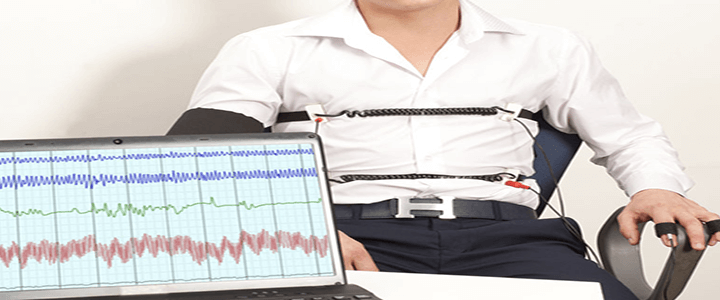Besides the questionable “science” behind them, polygraph examinations carry another dubious distinction: they have generally been made illegal for private employer use, yet the government has exempted itself from those same mandates.
If that seems odd, consider that the government legally exempts itself from being sued on a wide variety of claims. Under the principle of “sovereign immunity”, the government has to actually pass a law authorizing private citizens to sue for certain government transgressions before a court will hear the case. It’s a complicated, twisted world – and one of the many reasons why I chose to practice security clearance law instead of civil litigation.
Polygraph Required? Read the fine print
The main federal law that governs this area is the Employee Polygraph Protection Act (29 U.S.C. § 2001). That Act – and the regulations promulgated from it – “prohibits most private employers from using lie detector tests, either for pre-employment screening or during the course of employment. Employers generally may not require or request any employee or job applicant to take a lie detector test, or discharge, discipline, or discriminate against an employee or job applicant for refusing to take a test or for exercising other rights under the Act. Employers may not use or inquire about the results of a lie detector test or discharge or discriminate against an employee or job applicant on the basis of the results of a test, or for filing a complaint, or for participating in a proceeding under the Act.”[1]
There are, however, a few notable exceptions. For example, “subject to restrictions, the Act permits polygraph tests to be administered to certain job applicants of security service firms (armored car, alarm, and guard) and of pharmaceutical manufacturers, distributors and dispensers…[T]he Act also permits polygraph testing of certain employees of private firms who are reasonably suspected of involvement in a workplace incident (theft, embezzlement, etc.) that resulted in specific economic loss or injury to the employer.”[2]
Poly’s Strict Standards
Where polygraph examinations are allowed, they are subject to strict standards for the conduct of the test, including the pretest, testing and post-testing phases. An examiner must be licensed and bonded or have professional liability coverage. The Employee Polygraph Protection Act strictly limits the disclosure of information obtained during a polygraph test, and employers should bear in mind that the aforementioned requirements are only those imposed by the federal government. Individual states (e.g. California) often impose additional laws on employers that may further restrict – but not broaden – permissible employer use of polygraphs.
Ultimately, the take-away from this convoluted legal landscape is simple: while private employers are typically barred from polygraphing their employees, if those same employees require a security clearance the federal government is free to polygraph them until the cows come home.
This article is intended as general information only and should not be construed as legal advice. Consult an attorney regarding your specific situation.
[1] U.S. Department of Labor: Employee Polygraph Protection Act Overview.
[2] Id.




